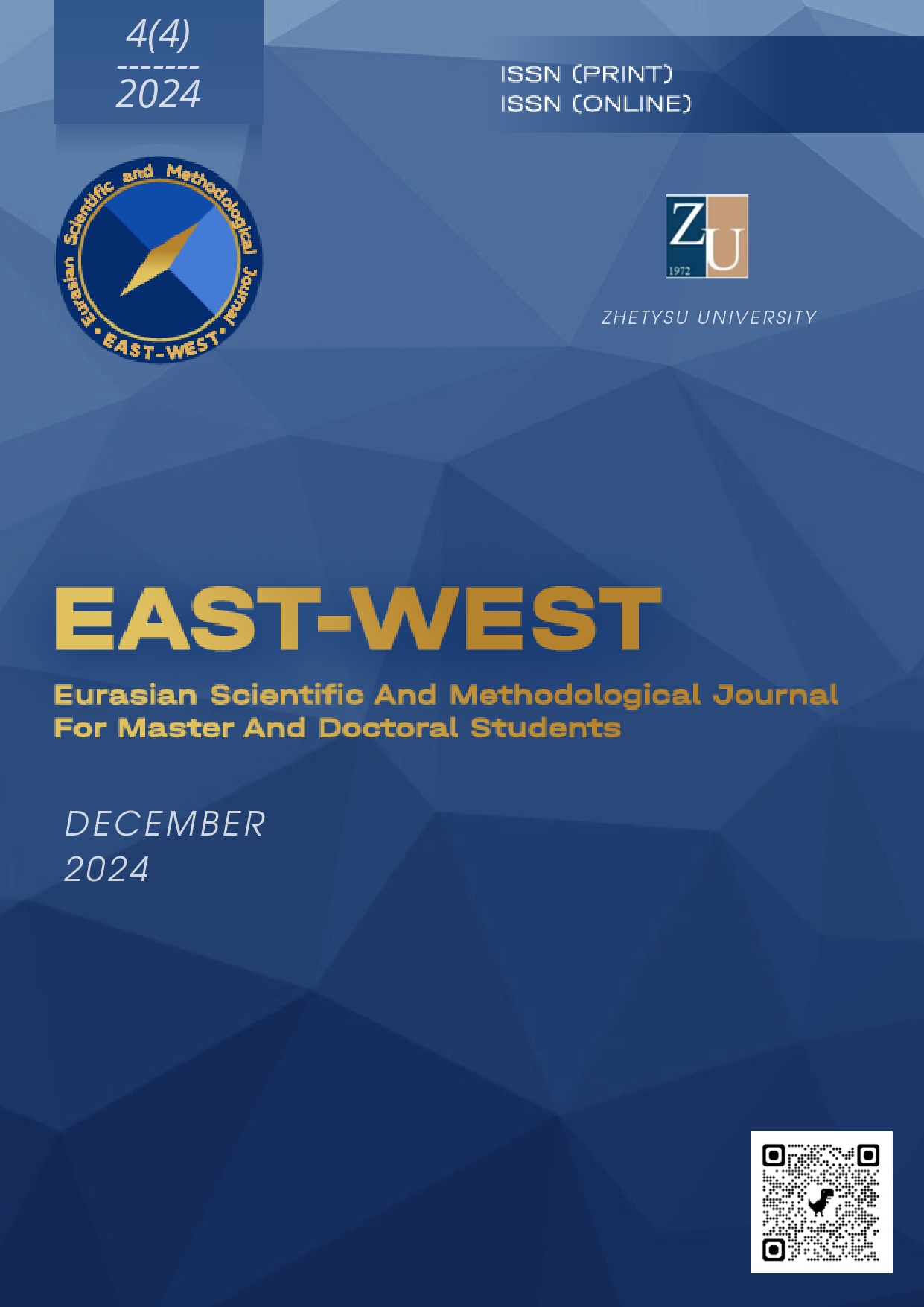Abstract
A deep study of mediation from the point of view of traditional steppe law is a unique way to build trust in each other, reduce tension and the level of conflict among the people of Central Asia. People living in harmony are historically invincible, achieve the highest prosperity in the region. The court of biys, which has a thousand-year history, undoubtedly was based on justice, cconscience and incorruptibility. Therefore, the introduction into the current judicial system promises only the adoption of correct, independent decisions. Firstly, the mediation process does not correspond to the traditional ideas of dispute resolution in Central Asia, this is reflected in the low demand for mediation services. However, the activities of mediation centers and the authoritative opinion of the judge involve citizens in the mediation process. Secondly, the population of Central Asia rarely live compactly due to the large territory, in such conditions, information processes can be delayed, and society can take a long time to build an understanding of the concept of mediation. But modern electronic resources, digital platforms show that citizens, as Internet users, perceive any new information compactly and dynamically. Dialogue with the machine is available in most of the population of Central Asia. The purpose of this study is to use the traditional methodology of steppe law for an integrated model using artificial intelligence in the process of reconciliation of the parties using digital services and digital platforms. The study is aimed at building a data model of a traditional Central Asian incident (dispute) - an application for training a neural network. Studying the level of trust of the Central Asian society in electronic / digital resources of authoritative representatives of the society, building a digital platform based on the incident (dispute) data model for the Central Asian region and using the digital platform in the professional environment of a mediator. The results of the study will make it possible to determine the effectiveness of the biy court in the society of Central Asia, organize online mediation on a digital platform, develop scientific, technical, design documentation for a digital platform and disseminate the results of the work among potential users, the community of scientists and the general public.


